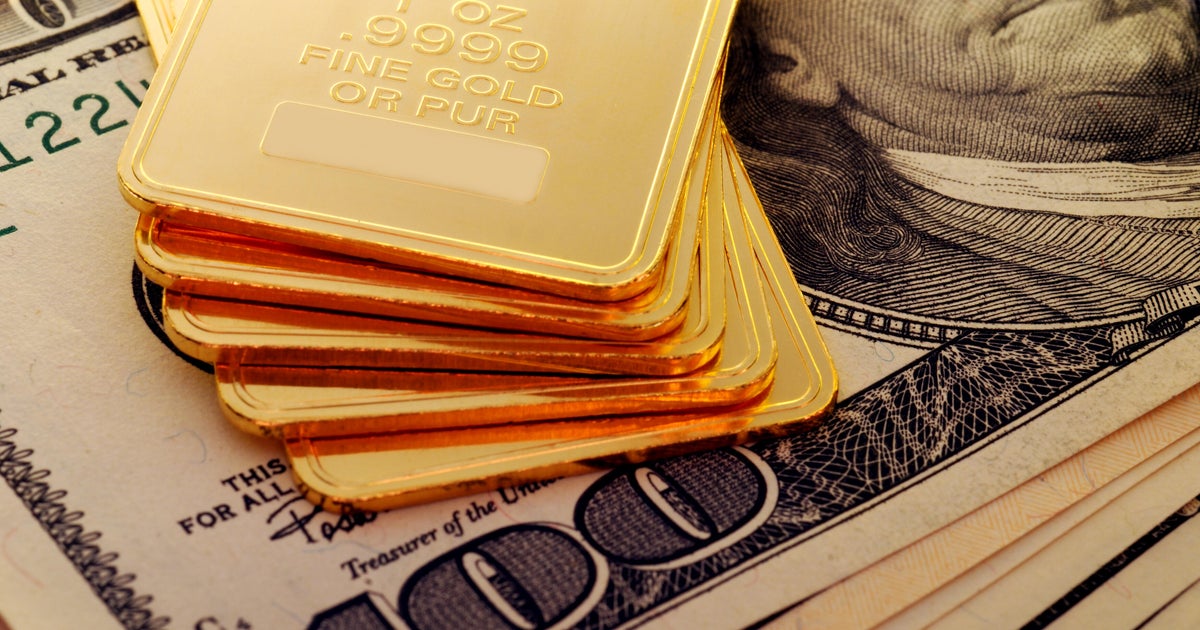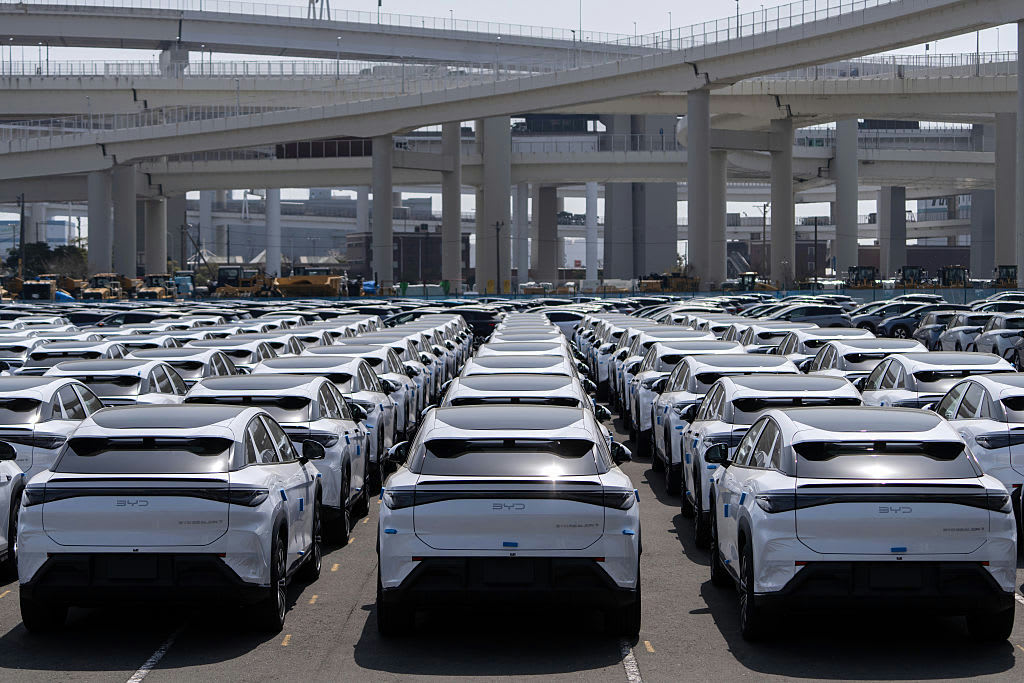Soaring metal costs could push new car prices even higher
The cost of a new car in the U.S. could soon climb by thousands of dollars as some metals used by automakers to build cars, such as nickel and palladium, skyrocket in price.
Price increases will likely hit electric vehicles the hardest, according to S&P Global Mobility. That's because nickel is used to make batteries found in Tesla's Model Y, the Audi e-tron, the Mercedes EQS and other electric cars. For example, the price for an EQS, which starts at $102,000, is expected to jump as much as $11,000 due to higher metal prices, researchers at S&P Global Mobility said. Low inventory has already prompted dealers to raise prices on the cars they do have in stock.
Even higher car prices could appear at dealerships within three months depending on activity in commodities markets, one expert said. Vehicle costs are rising as inflation drives up the price of everything from food and rent to clothing and appliances. Consumer prices in February grew at an annual rate of 7.9%, the U.S. Labor Department said Thursday — the fastest pace of inflation since 1982.
"If we continue to see all these higher material prices, eventually this will translate to a higher price point," Matteo Fini, an automotive supply chain expert at S&P Global Mobility, told CBS MoneyWatch.
The average price for a new car has risen 12% from a year ago, according to inflation data released Thursday from the U.S. Department of Labor, while used car prices have increased a stunning 41%. A typical new car now costs $46,404, according to Kelley Blue Book. The average price of a used car is roughly $29,000, according to Edmunds.
The per ounce price of palladium, used to make catalytic converters, started the month at $2,589 an ounce and by Thursday had surged to $3,084. The price of nickel surged from $25,438 per ton on March 1 to $48,211 on Thursday. Nickel rose so fast this week — hitting a record $100,000 a ton — that the London Metal Exchange stopped trading activity for it on Tuesday.
Aluminum also saw a record price jump last Friday but has since fallen back to about $3,328 per ton.
The Ukraine war is driving up metal prices as more and more U.S. and European companies cut ties with Russian businesses that produce aluminum, nickel and palladium. Russia is home to Norilsk Nickel, the world's largest nickel and palladium producer. All told, 40% of the metal materials used by automakers come from Russian firms, Fini said.
Higher metal prices, combined with a global shortage of semiconductors during the pandemic, are making it even tougher for automakers to sell cars. These factors are creating "upward price pressure" for many automakers, Fini said.
Electric vehicle maker Rivian said last week it would raise its prices by $12,000 on pre-ordered cars because of the higher cost of raw materials. The company rolled back its decision after customers complained on social media.
Ford, GM, and Stellantis — the parent company of Chrysler, did not return requests for comment by MoneyWatch on the impact of metal prices on vehicle pricing. Toyota declined to comment.
Carlos Tavares, CEO of Stellantis, told reporters last week that the self-sanctioning of Russian goods by automakers is contributing to pre-existing cost pressures in the industry linked to the pandemic.
"We have an escalation of cost that comes from raw materials and energy that is going to put more pressure on the business model," Tavares said, according to Reuters



